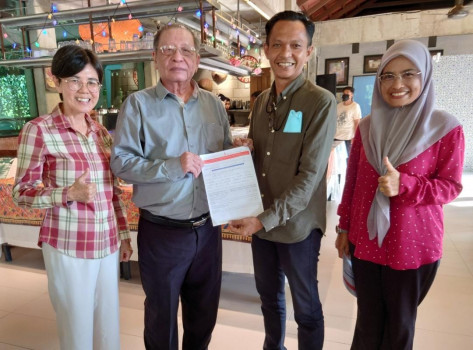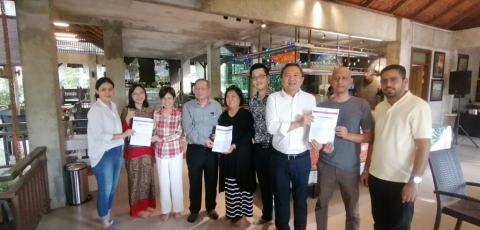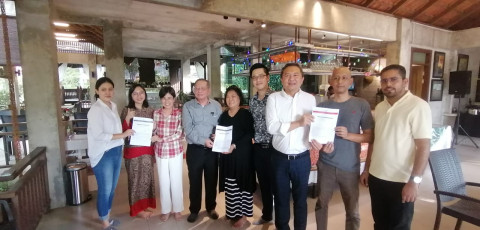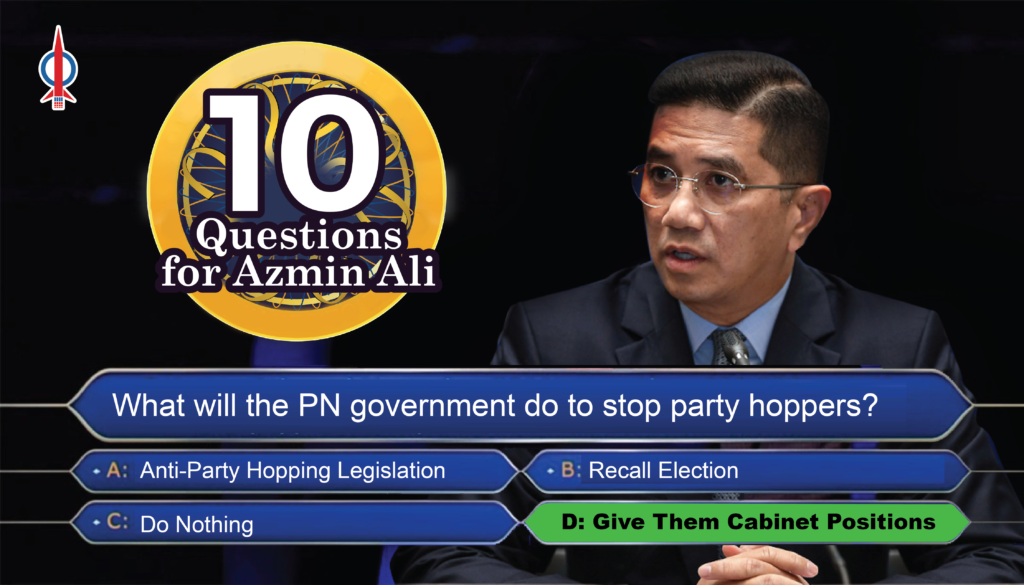
The integrity of elections in Malaysia has been a longstanding issue. Political parties and civil society have been campaigning for electoral reforms for the past two decades.
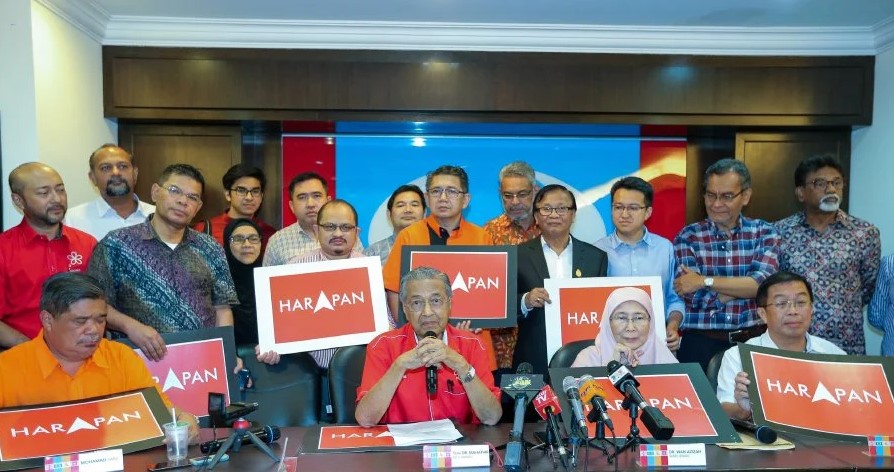
In the last parliament sitting, I asked the PN government about the status of the ERC report and its plans for electoral reform.
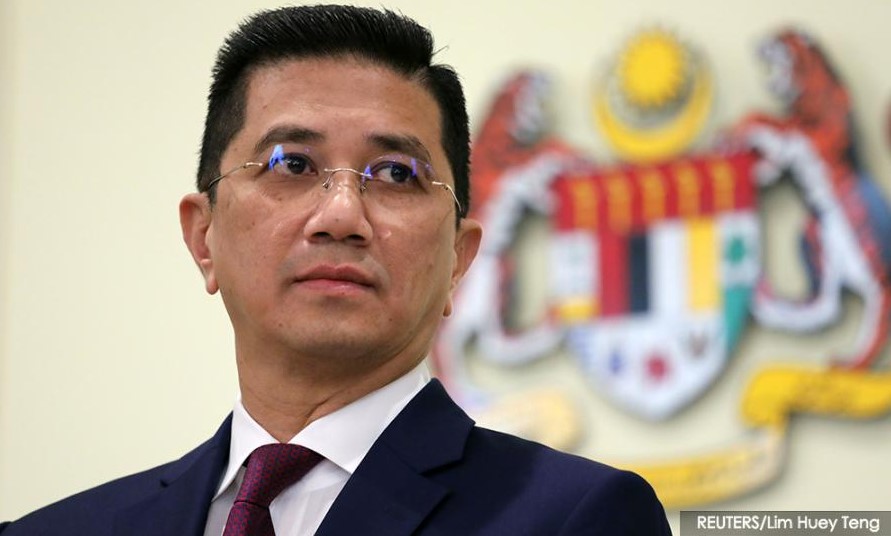
It has been more than six months since the ERC report was submitted to the PN government. Yet, we have not heard any single update or direction from Azmin Ali.
Malaysians need to have clarity on the PN government’s commitment towards electoral reform.
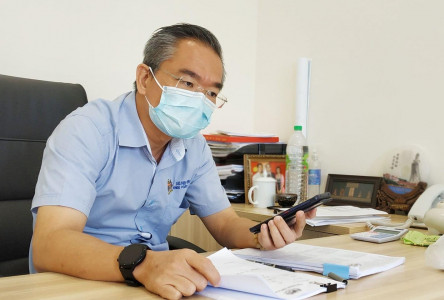
As such, I take this opportunity to put forth the following questions to Azmin Ali:
1. ERC Report: Will the government publish the ERC report to the public so that all relevant stakeholders can review and further understand the recommendations made?
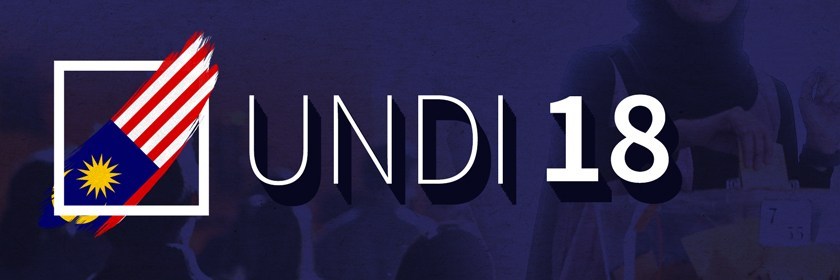
2. Undi18: Dewan Rakyat has unanimously passed the constitutional amendment to lower the voting age to 18 years old. When will the PN government gazette the order to operationalise this amendment in order to allow over 4 million youths to vote in the coming election?
3. Automatic Voter Registration (AVR): The Election Commission (EC) has said that the AVR system will be ready for implementation by July 2021. Will the PN government reaffirm its commitment to implement the AVR system by making the necessary amendments to the voter registration regulations?
4. Electoral Roll: Will the PN government allow for an independent audit on the electoral roll in order to identify and rectify the numerous voter records that are incomplete, dubious, and erroneous?
5. Advance and Postal Voting: What steps will the PN government and EC take to improve the advance and postal voting system so that the system can be further opened up to voters who may not be able to commute interstate to vote, especially in the context of the Covid-19 pandemic?
6. Electoral Boundaries: Would the PN government agree to the establishment of an Independent Boundaries Commission so that future delineation exercises can be conducted fairly and to resolve the widespread malapportionment and gerrymandering in the current electoral boundaries?
7. Political Financing: Would the PN government introduce a Political Financing Act in order to improve the transparency on political parties’ activities and to curb money politics?

8. Anti-party Hopping: Would the PN government consider introducing anti-party hopping legislation or recall elections in order to prevent elected representatives from changing political parties unethically?
9. Electoral Offenses: Would the PN government be agreeable to give enforcement powers to the EC so that they can be more effective in taking action against electoral offences, such as vote-buying?
10. Electoral System: What is the PN government’s position on reforming the electoral system from the current first-past-the-post (FPTP) to a Proportional Representation (PR) or mixed system?
It is no secret that the general election may be held within the next 12 months as the PN government continues to tiptoe around its non-majority in parliament. In any case, the Sarawak State Election is supposed to be held this year, barring any restrictions from the state of emergency.
However, the integrity of the general or state election would be questionable without any meaningful electoral reforms.
I believe that the ERC report already has many progressive and feasible reforms. Therefore, Azmin Ali and the PN government should not continue to sit on the report silently. Instead, concrete steps must be taken immediately to implement the recommendations.
Khoo Poay Tiong
MP Kota Melaka

